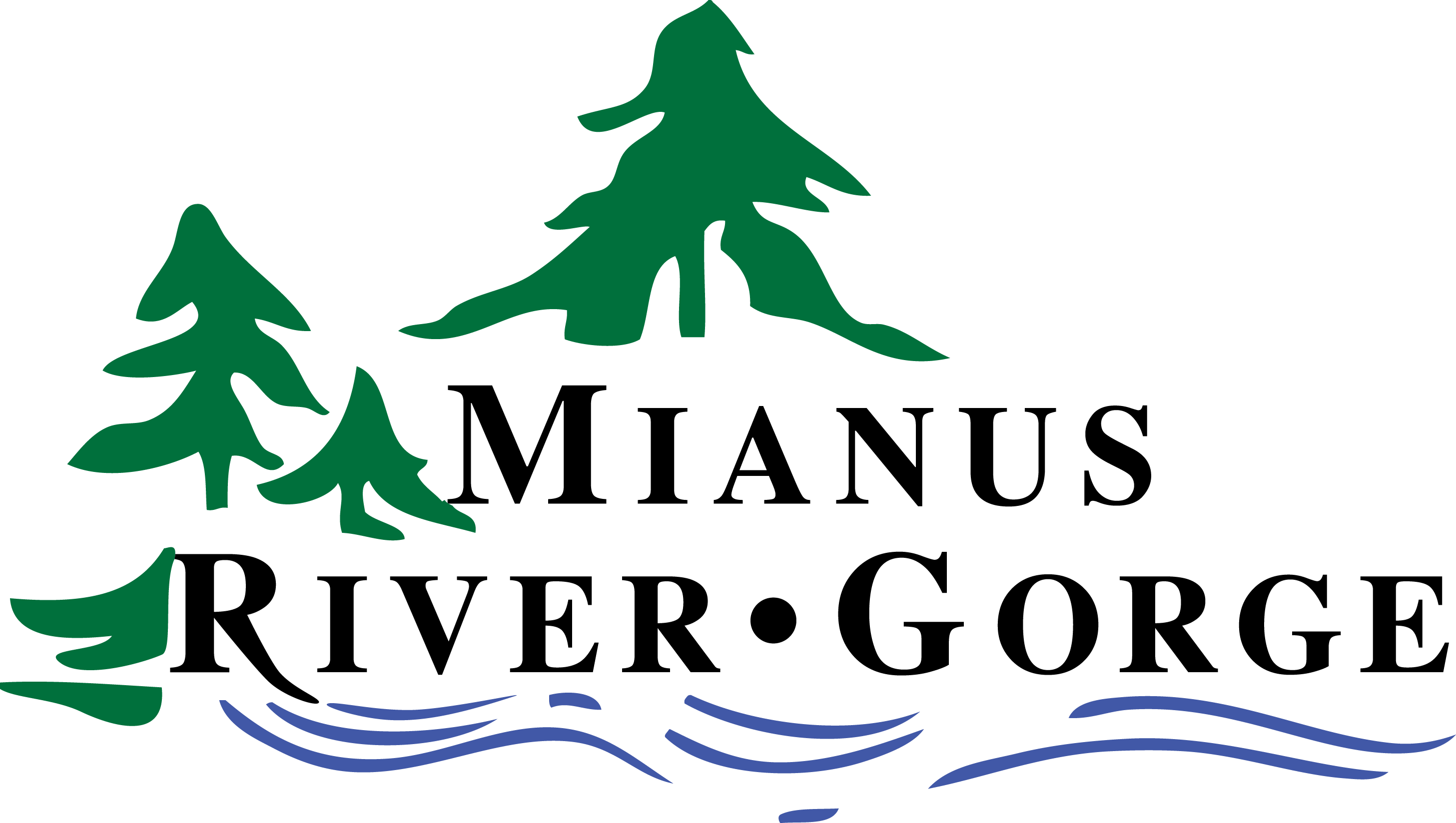
Research Assistantship Program (RAP)
Urbanized landscapes pose new challenges and ever-changing ecological challenges for land managers. To tackle these tough questions, Mianus River Gorge provides multi-year grants to graduate students through its Research Assistantship Program (RAP). RAP awards support for advanced research in the fields of ecology, wildlife biology, and conservation.
Program Description
Each year, Mianus River Gorge awards a Research Assistantship Program grant to fund a graduate-level study that investigates environmental challenges in urban and suburban ecosystems. RAP students are awarded a grant of $5,000/yr. for two (Master’s) or three (Doctoral) years.
RAP students also mentor a high school student in our Wildlife Technician Program (WTP). WTP students work at MRG on 3-year projects that require regular interaction and advisement from their RAP mentor. WTP projects are usually related to the RAP student’s own research; such as a smaller question that adds or complements the thesis research.
Proposed projects can be multi-disciplinary and cover a range of topics, e.g., wildlife biology, human ecology, watershed or forest management, and ecosystem processes; however, projects are evaluated under certain criteria.
Evaluation Criteria
Applicants should illustrate how their proposed research would address the goals below:
- Mentor potential – Does the project provide potential research opportunities for a high school student?
- Project Timeline – Can the project provide meaningful results during the student’s tenure?
- Funding – Can the research be completed with existing resources?
- Management Relevance – Can the research provide usable recommendations to land managers to improve ecosystem quality and function?
In addition, the MRG generally focuses its research toward these main priorities:
- Maintaining and restoring forest diversity and function in eastern old-growth and post-agricultural second-growth forests in fragmented, suburban areas.
- Evaluating and counteracting the trophic effects caused by super-abundant white-tailed deer.
- Invasive species ecology and/or control, including Amynthas earthworms, hemlock-wooly adelgid, and common invasive plant species (e.g., Japanese stiltgrass, Japanese barberry, mile-a-minute vine, etc.), among many others.
- Watershed protection, land prioritization, and suburban landscape ecology.
- Wildlife ecology, behavior, and conservation in developed, fragmented, and urban areas.
Applicants should describe how their research adds to these broad avenues of inquiry.
Eligibility
- Candidates must be enrolled in a U.S.-accredited college (Master’s or PhD program).
- Applicant must be willing to mentor a high school student in the Wildlife Technician Program.
- All proposed studies should include the Gorge and/or its watershed as one of the study sites, although other sites may be used as well.
Compensation
RAPs are awarded a research grant of $5,000 for two (Master’s) or three (Doctoral) years.
Application Procedure
Please fill-out our RAP Application and submit all necessary paperwork. Applications can be submitted by email.
Applications are reviewed in two stages. To attract a broad array of ideas, we ask candidates to describe their project in two to three pages. Those candidates whose application successfully meets the above evaluation criteria will be interviewed and asked to provide further details before a final selection is made.
Application Deadline: Feb. 1 to May 1, annually
Questions
Please direct questions to research@mianus.org or call Chris Nagy at 914-234-3455.
Meet Our Researchers
Click here for a list of all previous researchers and projects.
